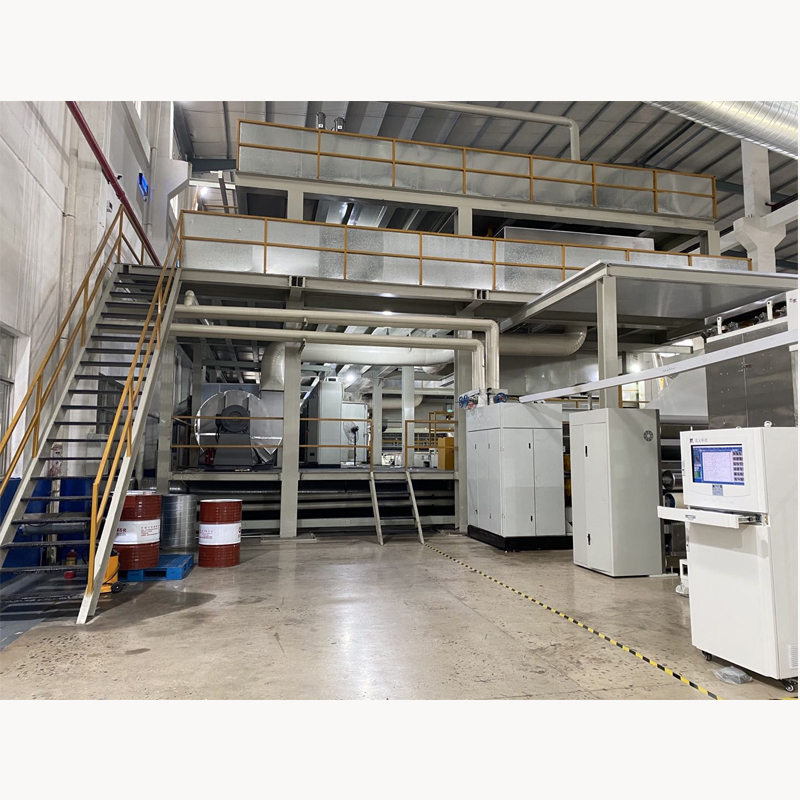PP (polipropileno) O tecido não tecido spunbond é feito usando máquinas não tecidas especializadas que extrusam filamentos de resina de polipropileno e os transformam em uma teia não tecida. Os tecidos resultantes têm muitas propriedades desejáveis para diversas aplicações. With the proper machinery and technology, manufacturers can reliably produce PP spunbond nonwoven fabrics with consistent properties at high throughputs for various end applications.
PP Spunbond Nonwoven Fabric Properties

- Chemical resistant – Resists degradation from most acids, alkalis and solvents
- Hydrophobic – repels water and resists moisture
- Abrasion resistant – Maintains strength after repeated abrasion and rubbing
- Elastic – Some PP spunbond grades exhibit elasticity
- Heat sealable – Can be heat sealed or welded for bonding and packaging
These properties make PP spunbond fabrics useful for filters, lenços umedecidos, geotêxteis, produtos de higiene e muito mais.
Top Nonwoven Machinery Manufacturers
Many companies manufacture the specialized nonwoven machinery required to produce PP spunbond nonwoven fabric:
- Reifenhauser – Produces Reicofil 4 spunbond lines capable of producing up to 6,500 kg/h of PP spunbond
- Oerlikon Neumag – Manufactures Cirrus spunbond equipment with output rates up to 12,000 kg/h
- CNH – Specializes in PP spunbond lines for hygiene applications with outputs up to 8,000 kg/h
- Jacob Holm – Produces Autefa spunbond systems up to 6,500 kg/h for custom nonwoven solutions
- Sinononwoven – Manufactures equipment for PP spunbond applications with outputs up to 9,000 kg/h
These leading nonwoven machinery manufacturers offer advanced technologies for reliable production of high quality PP spunbond nonwoven fabrics. Key features of their equipment include:
- High precision filament extrusion
- Advanced thermal drawing systems
- Accurate filament laydown and web formation
- Integrated bonding and calendering units
- Precise speed and tension controls
